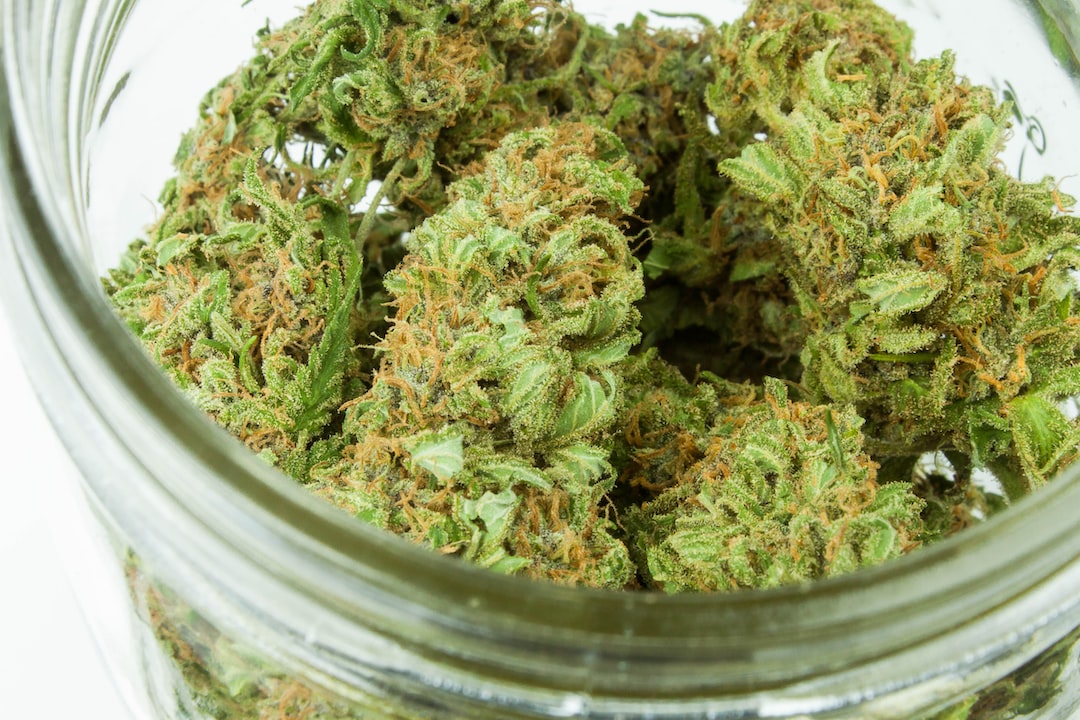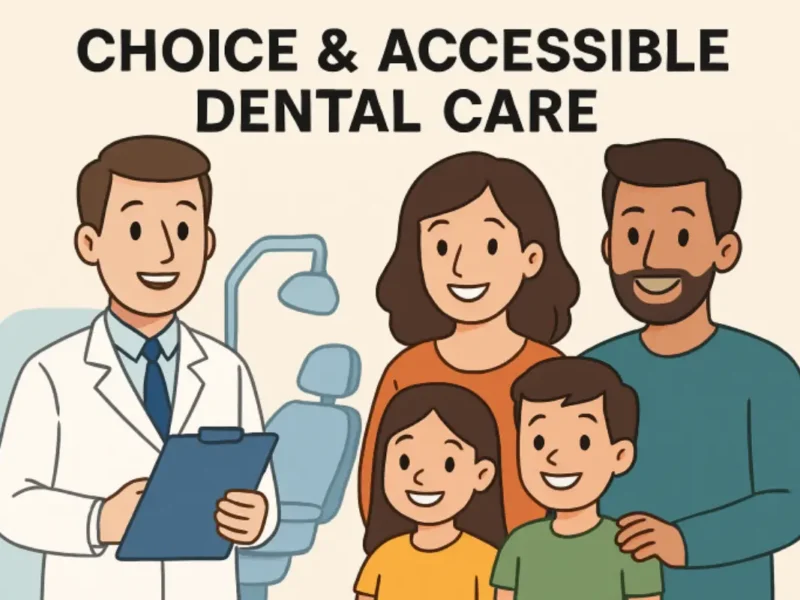A medical marijuana card is a great alternative treatment option for those suffering from several conditions. The most prevalent conditions treated with this medication include multiple sclerosis, fibromyalgia, and glaucoma.
While doctors may not prescribe cannabis, they can write a patient certification similar to a prescription. These cards allow patients to purchase marijuana from a registered dispensary.
Contents
Medicinal Marijuana
The medical use of marijuana can help alleviate the symptoms of several conditions. For example, it is often used to treat AIDS-related nausea and weight loss, cancer chemotherapy side effects, and glaucoma. Some have also reported using it to relieve PTSD and ease fibromyalgia pain. Marijuana has a high potential for abuse and can have adverse side effects, so it should only be used under the supervision of your doctor.
Medicinal marijuana is currently available in 36 states and the District of Columbia. The laws and regulations surrounding medicinal marijuana vary from state to state. In New York, physicians can recommend the drug to patients with a qualifying condition registered with the state’s Medical Marijuana Program (OMMP). To qualify, a patient must submit an authentic ID that proves their residency in the state and have a doctor’s recommendation stating that the patient suffers from one of the state-approved medical conditions.
Despite the benefits, many doctors hesitate to recommend medicinal marijuana due to a lack of complex clinical data. In addition, federal restrictions on the drug make it difficult to conduct research. However, some doctors are willing to work with their patients to explore a clinical trial that could potentially provide access to the drug. This is an excellent way to test the drug’s efficacy without risking criminal consequences.
Medical Marijuana Cards
A medical marijuana card is an official document issued by a physician that allows a patient or caregiver to possess, purchase, and cultivate cannabis for medicinal purposes. Medicinal marijuana has been prescribed to treat chronic pain, nausea, glaucoma, seizures, and more. A patient may qualify for a medical marijuana card in Delaware with a primary care doctor or a specialist who has determined that the symptoms of their condition significantly limit their quality of life or pose a serious risk to their health, safety, or well-being.
Getting a medical marijuana card is not as difficult as you might think. In most states, you can register for a medical marijuana card online or through a licensed dispensary. During registration, you will be asked to provide personal information and a list of your symptoms that qualify you for a medical marijuana card. A physician will then review this information and make a recommendation.
Depending on your state’s laws, you might be required to pay a fee for the evaluation. However, many doctors, including those at NuggMD, offer free online assessments for qualified patients. While registering for a medical marijuana card, it is essential to remember that the card will expire in a certain amount of time. Therefore, it is crucial to make sure you plan for the expiration date of your medical marijuana card and take steps to renew it early.
Medical Marijuana Dispensaries
In states where marijuana is legal, medical dispensaries sell cannabis products to qualified patients. They can be found in most major cities and smaller towns and are regulated by local government agencies. Medical dispensaries must comply with strict state regulations regarding the storage, distribution, and sale of cannabis products. Patients who cannot travel to a dispensary may designate and register caregivers to make purchases on their behalf.
Dispensaries in New York offer a wide range of medicinal marijuana products for different conditions and symptoms. Some products contain a high concentration of THC, while others have lower levels of this chemical. New York dispensaries also offer edibles, tinctures, topical creams, and vaginal and anal suppositories.
If you want to purchase cannabis from a New York dispensary, carry your medical marijuana card. You must present it when you purchase and renew your certification yearly. New York’s certification process is simple and fast, with online telehealth services like HelloMD.
When shopping for medical marijuana, be courteous and respectful to the budtenders. They see hundreds of customers daily, and they will be more willing to help you if you are kind and polite. Having some questions prepared ahead of time is also a good idea. For example, you could ask a budtender what they like about certain strains or how they would recommend using a specific product to treat your symptoms.
Medical Marijuana Treatment Centers
Medical marijuana is an effective drug for some people with debilitating conditions. It contains more than 100 cannabinoids, including THC and CBD, which have medicinal properties for many people with chronic pain, anxiety, insomnia, depression, PTSD, and other health conditions. However, a recent study by Massachusetts General Hospital showed that some individuals seeking a medical marijuana card are at risk for developing symptoms of cannabis use disorder (CUD).
Individuals with marijuana addiction may benefit from an inpatient or residential treatment center to help them overcome the drug. The first step in the process is detox, which allows an individual safely and comfortably eliminate physical dependence on marijuana. Afterward, addiction recovery treatment addresses the underlying issues that cause an individual to turn to drugs and alcohol to cope with life.
Marijuana is often used to mask underlying mood disorders and unprocessed trauma. These mood problems, like anxiety and depression, can trigger cravings for marijuana when they are not addressed in a treatment program. Addiction recovery treatment can provide a dual diagnosis program to uncover and treat these mood disorders, reducing the likelihood of relapse when the patient is ready to return to their regular lifestyle. Many of these programs also include aftercare programs to offer accountability and support for long-term recovery from marijuana addiction.



